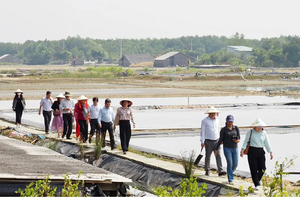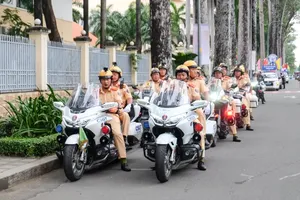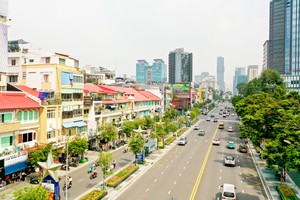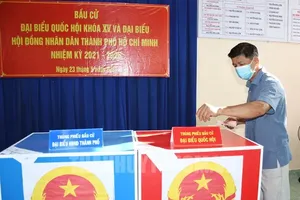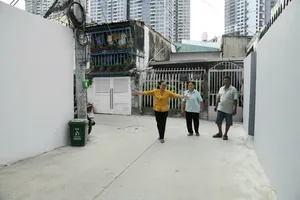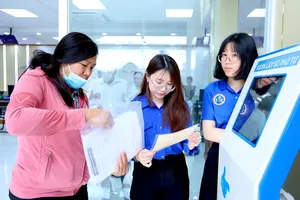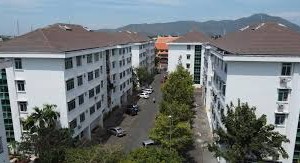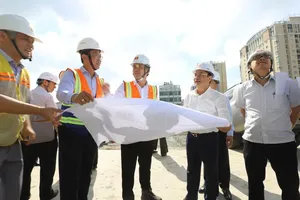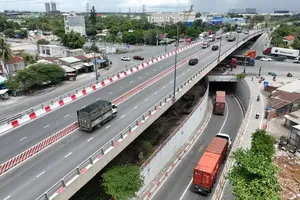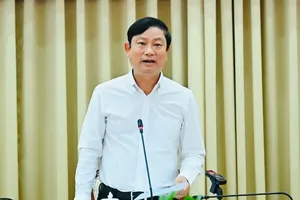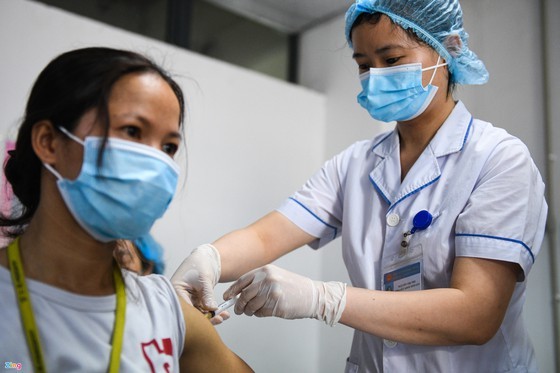 Covid-19 outbreak triggers mass testing in Ho Chi Minh City
Covid-19 outbreak triggers mass testing in Ho Chi Minh City
The Department of Health in Ho Chi Minh City directed the Center for Disease Control and medical facilities citywide to roll out mass testing for Covid-19 with a focus on all staff serving at polling stations in localities where members of the mission are residing, and in export processing zones, industrial parks, high-tech zones.
Following the direction of Standing Deputy Prime Minister Truong Hoa Binh and the direction of the Secretary of the city Party Committee Nguyen Van Nen, Chairman of the People's Committee Nguyen Thanh Phong assigned the Department of Health to coordinate with the Office of the People's Committee on regulations during social distancing in accordance with the Directives of the Prime Minister, the Office of the municipal People's Committee said yesterday.
Accordingly, departments, sectors, local administrations, Thu Duc city, businesses, and residents continue to strictly implement the directions issued by the People's Committee. Enterprises producing essential goods are allowed to open but must ensure the regulations on disease prevention and control. The owner of business establishments must commit themselves to complying with epidemic prevention regulations.
Final-year students of medical universities such as Pham Ngoc Thach Medical University and the University of Medicine and Pharmacy are mobilized to take samples for testing. The city is planning to test its entire population with a testing capacity of 50,000 samples a day.
The Department of Industry and Trade has issued regulations and action plans in response to outbreaks of Covid-19 in wholesale markets. The Department must ensure an adequate supply of goods at stable prices to meet demand and curb the goods shortage.
The government is encouraging online shopping to prevent crowds and social exposure. Consumers are advised to maintain at least a 1-meter distance between themselves and others to reduce the risk of infection. Consumers must declare their health status and shop assistants will check shoppers’ temperature.
Local administrations will issue punishment on persons and organizations that intentionally violate the regulations on disease prevention and control.
The Department of Industry and Trade, the Department of Planning and Investment, the Department of Tourism and the Department of Labor, War Invalids and Social Affairs in the city were assigned to find solutions to help businesses to overcome the hurdles.
The municipal People's Committee required city dwellers to voluntarily comply with regulations and measures to prevent epidemics and declare their health status. Heads of enterprises and business establishments are held accountable for applying epidemic prevention and control regulations at their facilities to protect employees.
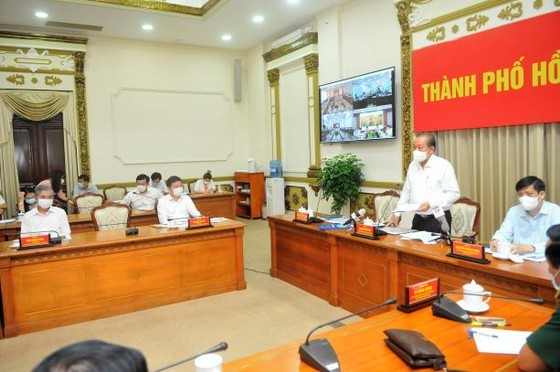 Deputy Prime Minister Truong Hoa Binh speaks at the meeting (Photo: SGGP)
Deputy Prime Minister Truong Hoa Binh speaks at the meeting (Photo: SGGP) Deputy Prime Minister Truong Hoa Binh has ordered Ho Chi Minh City authorities to tighten Covid-19 prevention measures at religious facilities, especially small groups. He called on followers to strictly comply with pandemic prevention regulations, following a large number of cases at a religious mission in Go Vap District.
According to the Deputy Prime Minister, the disease spread in industrial parks and export processing zones is very high; therefore, the city needs to have an action plan and verify the responsibilities of leaders in these venues. Implementation of 5K principles is a prerequisite for the operation of business and production establishments.
Ho Chi Minh City should call for a social contribution towards the city’s vaccine fund. The Ministry of Health is considering mechanisms so that city authorities can mobilize social resources and businesses' resources to buy vaccines, Deputy PM Binh emphasized
Deputy Prime Minister Truong Hoa Binh asked the city to give support packages for workers and businesses, especially small and medium enterprises. The industry and trade sector needs to have a backup plan to ensure the supply of goods for the next six months. According to him, the health sector needs to prepare worst-ever scenarios when infection cases reach 30,000, 50,000 or sometimes 100,000.
